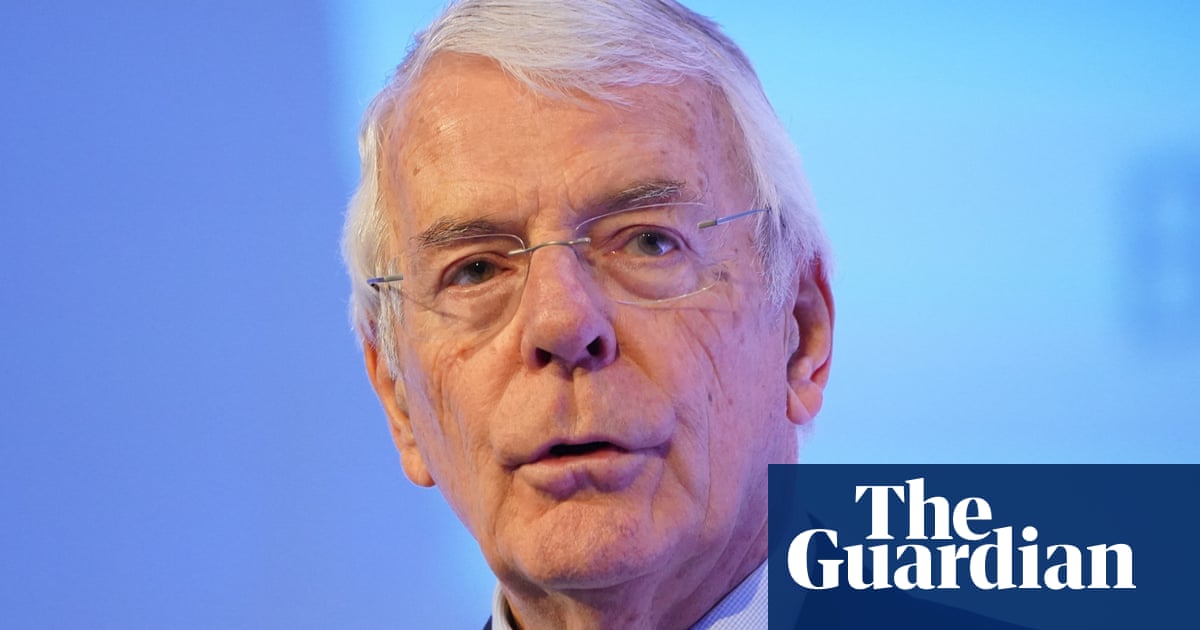John Major Critiques the Rwanda Scheme: A Conservative Perspective
Former Prime Minister John Major has recently voiced strong criticism against the controversial Rwanda immigration scheme initiated by the previous Conservative government. In a candid interview, Major described the policy as “un-Conservative and un-British,” emphasizing that it is ill-suited for the complexities of the 21st century. His remarks come at a time when immigration remains a hot-button issue in British politics, and they reflect a broader concern about how society perceives immigration.
The Rwanda Scheme: A Flawed Approach
The Rwanda scheme, which aimed to deter asylum seekers by sending those who arrived in the UK illegally to the East African nation, has faced significant backlash. Major expressed frustration over the prevailing narrative that immigration is an inherent problem, stating that this perspective is detrimental to the values that the Conservative Party traditionally upholds. He argued that the policy would not serve as an effective deterrent, as individuals arriving by small boats are often fleeing dire circumstances and are uncertain about where to seek refuge.
In his interview with the BBC’s Amol Rajan, Major questioned the practicality of the Rwanda scheme, asking rhetorically whether officials in a remote part of Africa could truly understand the legislative nuances of British law. He highlighted the absurdity of treating vulnerable individuals in such a manner, likening the policy to historical practices of transportation that are no longer acceptable in modern society.
A Shift in Political Landscape
The recent decision by Labour leader Keir Starmer to scrap the Rwanda scheme marks a significant shift in the political landscape. Starmer’s administration has redirected funds initially allocated for the scheme towards enhancing the Border Security Command, signaling a departure from the previous government’s hardline approach to immigration. Major’s critique aligns with this shift, as he calls for a more humane and rational approach to immigration policy that reflects the values of compassion and understanding.
Major’s comments also touch on a broader concern regarding the Conservative Party’s identity and direction. He lamented the party’s drift away from its centre-right roots and expressed hope that future leadership would focus on long-term solutions rather than short-term populist measures. He emphasized the need for the party to reconnect with its traditional base and appeal to voters who identify with genuine centre-right values.
The Future of the Conservative Party
As the Conservative Party navigates its leadership contest, Major has refrained from endorsing any specific candidate, although he has made it clear that he hopes for a leader who will prioritize the party’s core principles. He warned against a potential merger with Reform UK, suggesting that such a move would be “fatal” for the party’s future. Major’s insights reflect a desire for the Conservatives to reclaim their identity and appeal to a broader electorate.
In contrast, Kemi Badenoch, a leading candidate for the Tory leadership, has suggested that supporters of Reform UK are “our people,” indicating a willingness to bridge the gap between traditional Conservative voters and those who have gravitated toward more populist alternatives. Badenoch’s comments highlight the ongoing tension within the party as it seeks to redefine its stance on immigration and other key issues.
The Role of Nigel Farage
Major’s skepticism extends to figures like Nigel Farage, who has been a polarizing presence in British politics. When asked about the possibility of Farage joining the Conservative Party, Major firmly rejected the idea, citing Farage’s history of criticizing the party and his desire to dismantle it. This sentiment is echoed by Badenoch, who acknowledged Farage’s role as a “disruptor” but ultimately concluded that his presence would not be beneficial for the Conservative Party.
Conclusion
John Major’s critique of the Rwanda scheme serves as a poignant reminder of the complexities surrounding immigration policy in the UK. His call for a return to Conservative values rooted in compassion and understanding resonates at a time when the party is grappling with its identity and future direction. As the political landscape continues to evolve, the Conservative Party faces the challenge of reconciling its traditional principles with the demands of a changing electorate. Major’s insights may provide a guiding light for those seeking to navigate this intricate terrain, emphasizing the importance of empathy and rationality in shaping immigration policy for the 21st century.
